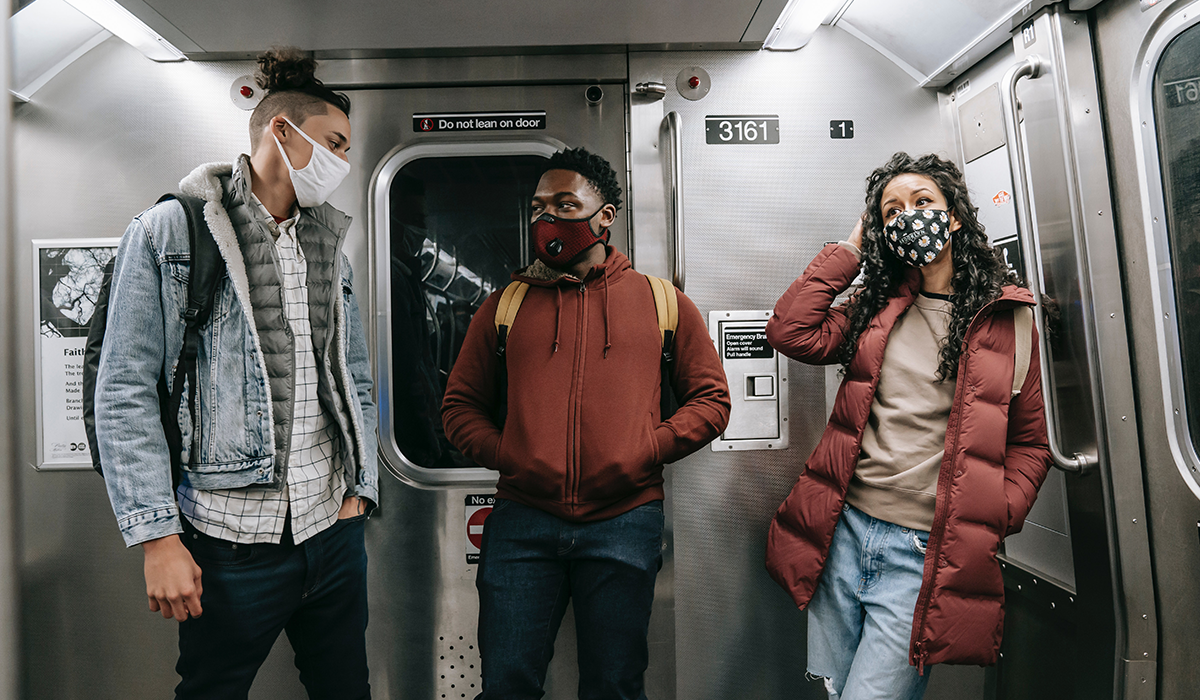
Some refugees, immigrants and migrants may be unsure of whether to participate in a vaccine event because of concerns around their ID, immigration status, or health insurance status. There are a few things vaccine providers can do to understand their concerns and address them proactively.
People without an ID should still receive vaccines
Many people do not have valid IDs, so when they are asked for one at a vaccination clinic, it is reasonable that they would feel uneasy.
There are many reasons someone may not have a valid ID:
- They may have one that is expired or has an old address, because of barriers that exist to renewing their IDs.
- They may use a name other than what is shown on their ID with their employer, which can create a conflict when they become eligible for a vaccine based on essential worker status.
- They may be undocumented and live in a state or jurisdiction that makes them ineligible for an ID.
Even if they do have an ID, immigrants may have concerns about government authorities’ access to personal information provided at vaccine clinics.
Vaccine providers are allowed to ask for an ID, but they cannot require it. Some providers ask for an ID to make sure the vaccines are going to the people who live in a certain community, for example. But if the patient doesn't have one, don't turn them away. If you must ask for an ID, be flexible and accept alternatives, such as utility bills that have their name and address.
Instead of asking, "Can I see your ID?" try:
- "Do you have an ID?"
- "Do you have an ID that you're comfortable sharing with me?"
- "Do you have anything that shows you live in the neighborhood?"
- "Do you have anything that shows where you work, like an ID, paystub, or uniform?"
Patients do not need to have health insurance
COVID-19 vaccine providers are required to vaccinate everyone, even if they don't have health insurance. Vaccine providers are allowed to ask for health insurance information, and many do so that they can bill insurance for the vaccine.
People without insurance may worry that they will not be eligible for the vaccine or that it will be very expensive. They may be unaware that the vaccine is always free for the patient, regardless of whether they have insurance.
People with insurance may be concerned that they will be billed for a copay or another cost for getting the vaccine that they can't afford. They may be unaware that insurance covers the full cost of the vaccine.
Instead of "Can I see your health insurance card?" try:
- "Do you have health insurance? It's okay if you don't."
- "The vaccine is free for you, but we would like to bill your health insurance if we can."
Everyone can receive a COVID-19 vaccine, regardless of their immigration status
The federal government supports equal access to COVID-19 vaccines for undocumented immigrants. The Department of Homeland Security has described this as a moral and public health imperative.
Some patients may be afraid that health departments or vaccine sites may report immigrants to authorities, or that their information will be recorded on government lists that are accessible to immigration authorities.
You can help undocumented immigrants feel welcome at your vaccine site by:
- Partnering with trusted sources such as community and faith-based organizations to understand and respond to immigration concerns before the event
- Choosing a neutral location for vaccine events, such as a community center or apartment complex
- Reassuring patients, in a language they understand, that the information they provide will not be shared with immigration agencies